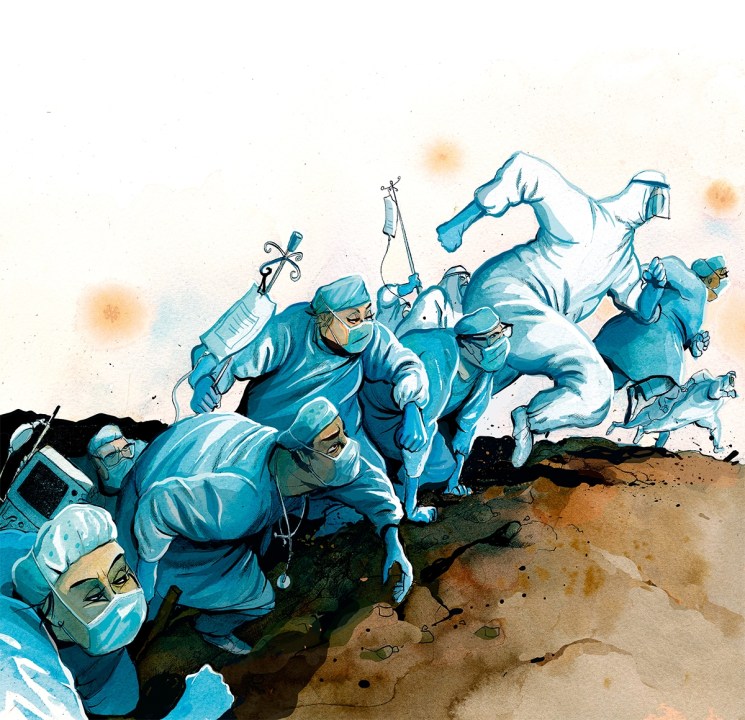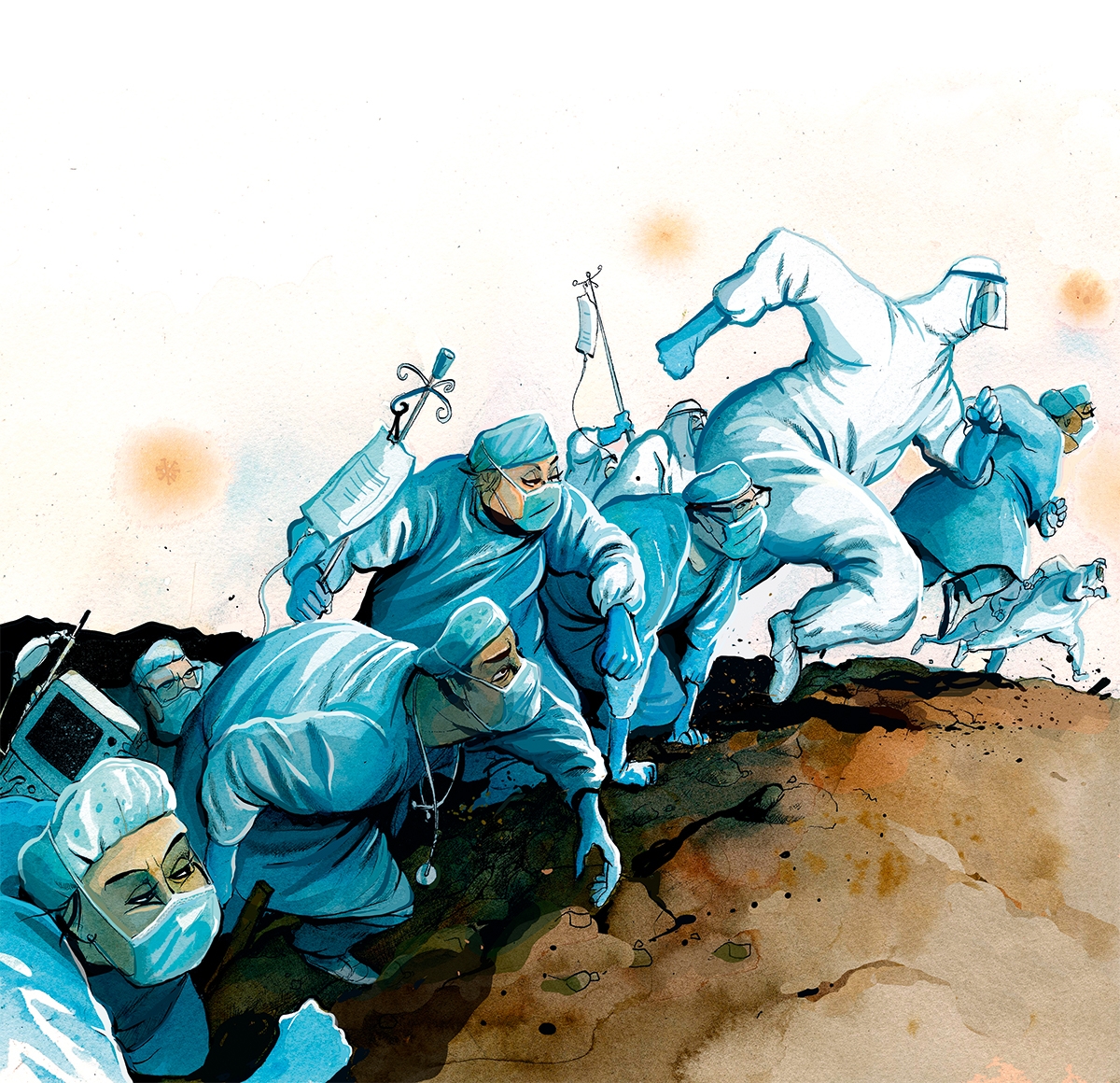My jaw slightly dropped on Friday when Michael Gove announced that the number of Covid-19 cases in the UK was now doubling every three to four days.
This is significantly faster than the five days that was initially built into the government’s forecasts for the rate of increase in sufferers, and the 4.3 days that epidemiologist Neil Ferguson told me on 17 March was the new estimated ‘baseline’ doubling time.
On the one hand, this accelerated rate of infection explains why the government moved to enforce much more severe measures to restrict social interaction just over a week ago, because presumably its scientific advisers had more than an inkling that the virus was spreading significantly faster than would allow hospitals to cope.
To be clear, the acceleration in the number of reported cases does not mean the new restrictions on our ability to mix with people have failed. The chief medical officer Chris Whitty and chief science adviser Patrick Vallance believe there is a two to three week lag between the introduction of social-distancing measures and the rate at which the virus spreads through the population.
But it is now 12 days since Boris Johnson announced a first round of restrictions on our ability to socialise or be close to other people and so it would be concerning if the rate of spread of the infection did not slow at all next week.
If Vallance’s heuristic – that for every death, there are probably 1,000 infections in the country, though many not showing up in official figures – holds true, that means there are currently more than 750,000 people with the virus in the UK, and there will be well over a million within a day or two.
Of course, many of that million would not show symptoms for days, and many will never show symptoms (though as I’ve written before, one of the great frustrations for the government in managing the crisis is that it doesn’t know how many people get the virus without experiencing symptoms).
But let’s assume that the government’s Scientific Advisory Group on Emergencies is correct, and 8 per cent of those with the virus will require hospitalisation.
That would imply that in the coming three weeks the NHS would have to treat some 80,000 sufferers – which would exhaust the 33,000 NHS beds that have been liberated or created for Covid-19 patients.
That said, I am unclear whether the denominator for that 8 per cent includes those with the virus who will never show symptoms, namely the asymptomatic.
But even if the 8 per cent applies only to those with symptoms, it is already pellucidly clear that the NHS will struggle to cope, even with the addition of the new beds at the Nightingale Hospitals, which are being created at exhibition centres.
For what it’s worth, the government is working on the assumption it will know in a fortnight if it has done enough to ‘flatten the peak’ of the outbreak.
I fear we’ll know whether Johnson and his team have taken adequate pre-emptive action somewhat earlier.
PS I was using Friday’s infection and mortality stats when writing. But with Saturday’s news that there have been 1,019 deaths since the outbreak began, we are already at 1m UK people infected, if Patrick Vallance’s heuristic or rule of thumb is correct.
Robert Peston is ITV's Political Editor. This article originally appeared on his ITV News blog








Comments